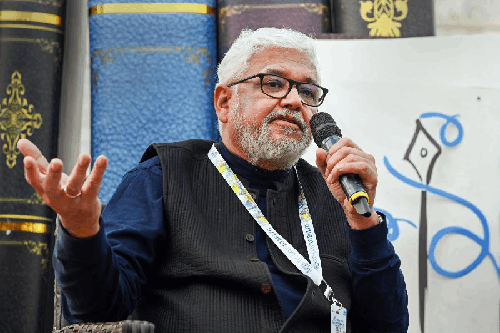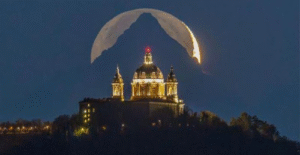Indian author Amitav Ghosh, one of the world’s most celebrated literary voices, has emerged as a top contender and a bookmaker favorite for the 2025 Nobel Prize in Literature. The strong speculation around his candidacy marks a pivotal moment, as Ghosh is widely seen as the strongest chance for an Indian-born writer to claim the prize since Rabindranath Tagore won it over a century ago in 1913.
Though the Swedish Academy maintains strict secrecy regarding the nomination process, global betting odds and literary critics have coalesced around Ghosh, a recipient of the Jnanpith Award, India’s highest literary honour.
Tagore, who won for Gitanjali in 1913, remains the only Indian-born author to have been awarded the Nobel Prize in Literature. Ghosh’s potential recognition, 112 years later, has ignited a wave of excitement across the Indian literary landscape and among his global readership.
Speaking on the buzz, an eminent Bengali author commented, “We were all looking forward to Amitav Ghosh getting the Nobel after Tagore. His writings have always focused on the battle of the people in search of livelihood and succour over centuries with historical documentation. His inclusion as a favourite is an honour in itself.”
Ghosh’s work is distinguished by its seamless blend of historical fiction, social commentary, and an increasingly urgent focus on global crises. His celebrated novels, including The Shadow Lines, The Glass Palace, and the epic Ibis Trilogy, explore complex themes of:
- Colonialism and its Aftermath: Tracing the enduring human and political impacts of the Opium Wars and imperial trade routes.
- Climate Change: Non-fiction works like The Great Derangement and his latest novel Gun Island delve into the existential threat of the environmental crisis, a theme that has increasingly resonated with the values often championed by the Nobel Committee.
The literary world now watches with bated breath, hopeful that Ghosh’s compelling and globally resonant body of work will secure a historic second Nobel for India, cementing his legacy among the giants of world literature.







